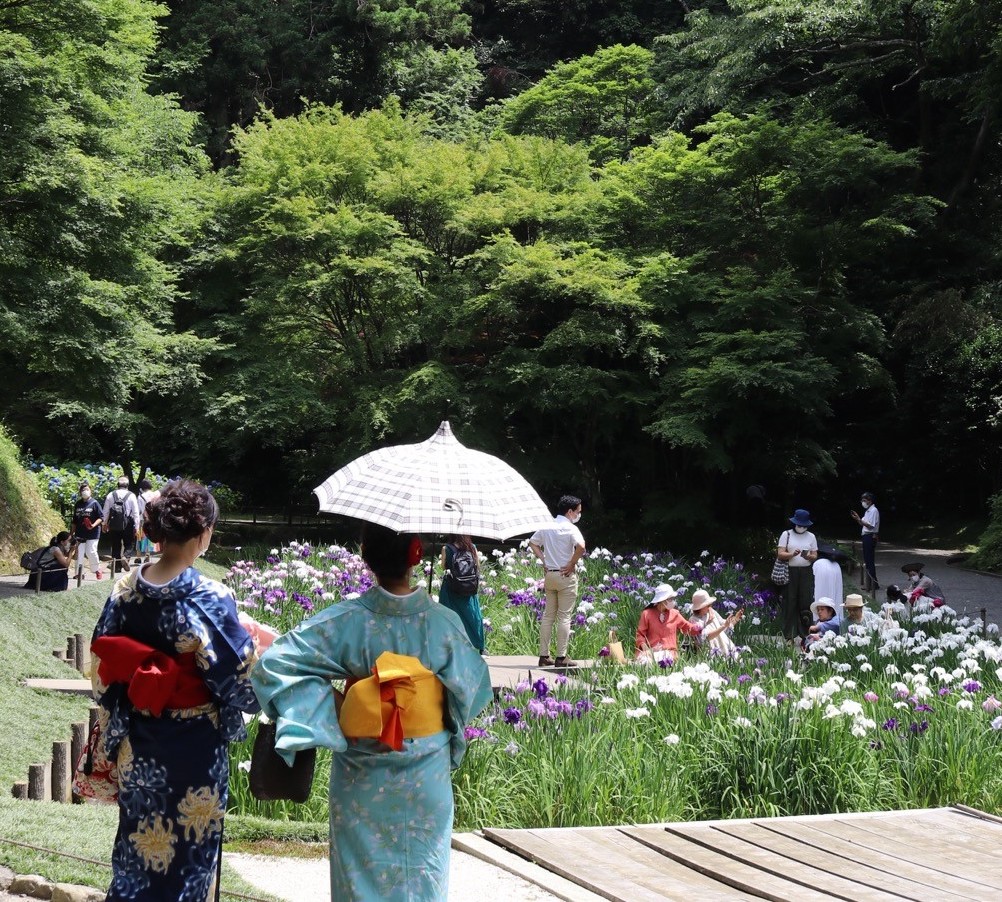-
Alexandros Gasparatos, Associate Professor
The many ways nature nurtures human well-being
Alexandros Gasparatos, Associate Professor
New study identifies the multiple intersecting pathways linking the nonmaterial contributions of ecosystems to human well-being

A systematic review of 301 academic articles on “cultural ecosystem services” has enabled researchers to identify how these nonmaterial contributions from nature are linked to and significantly affect human well-being. They identified 227 unique pathways through which human interaction with nature positively or negatively affects well-being. These were then used to isolate 16 distinct underlying mechanisms, or types of connection, through which people experience these effects. This comprehensive review brings together observations from a fragmented field of research, which could be of great use to policymakers looking to benefit society through the careful use and protection of the intangible benefits of nature.
Research title:
Linking the nonmaterial dimensions of human-nature relations and human well-being through cultural ecosystem services
Joint Researchers:
Huynh, L.T.M., Gasparatos, A., Su, J., Dam Lam, R., Grant, E.I., Fukushi, K
Journal:
Science Advances
August 5, 2022
doi:10.1126/sciadv.abn8042.
https://www.science.org/doi/10.1126/sciadv.abn8042
Contact:
Alexandros Gasparatos
Associate Professor, Institute for Future Initiatives
https://ifi.u-tokyo.ac.jp/en/people/gasparatos-alexandros/